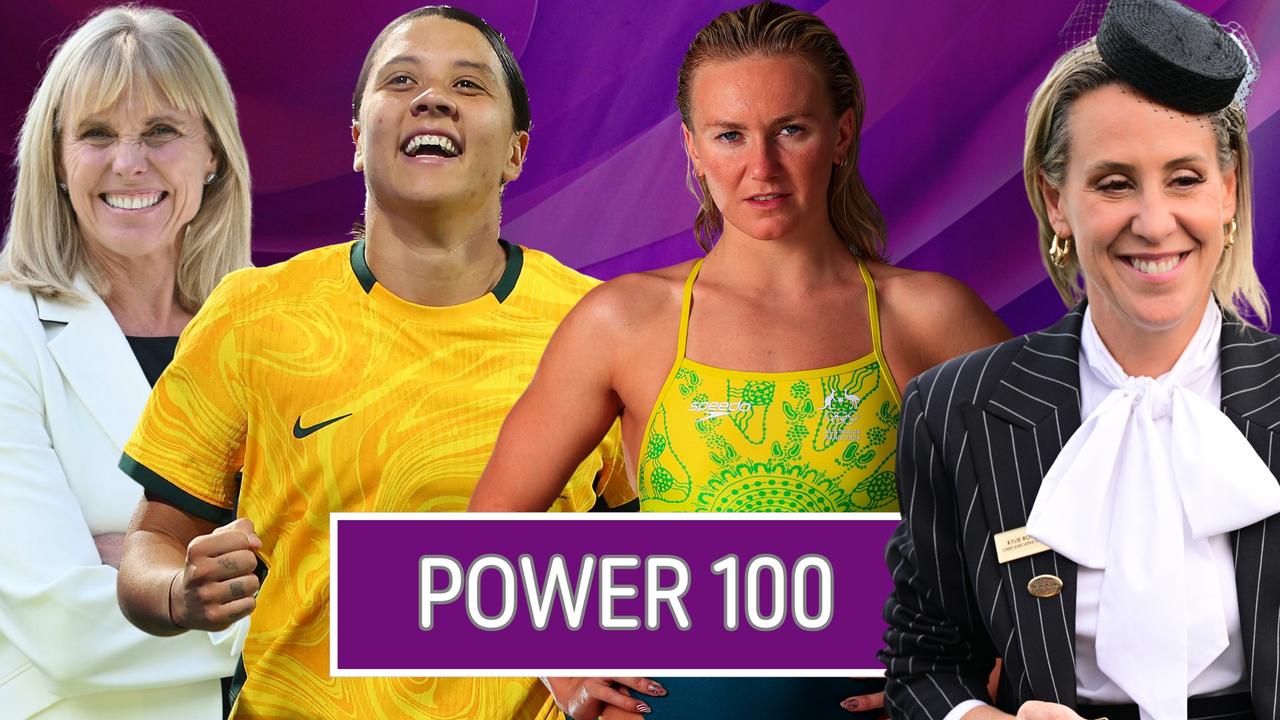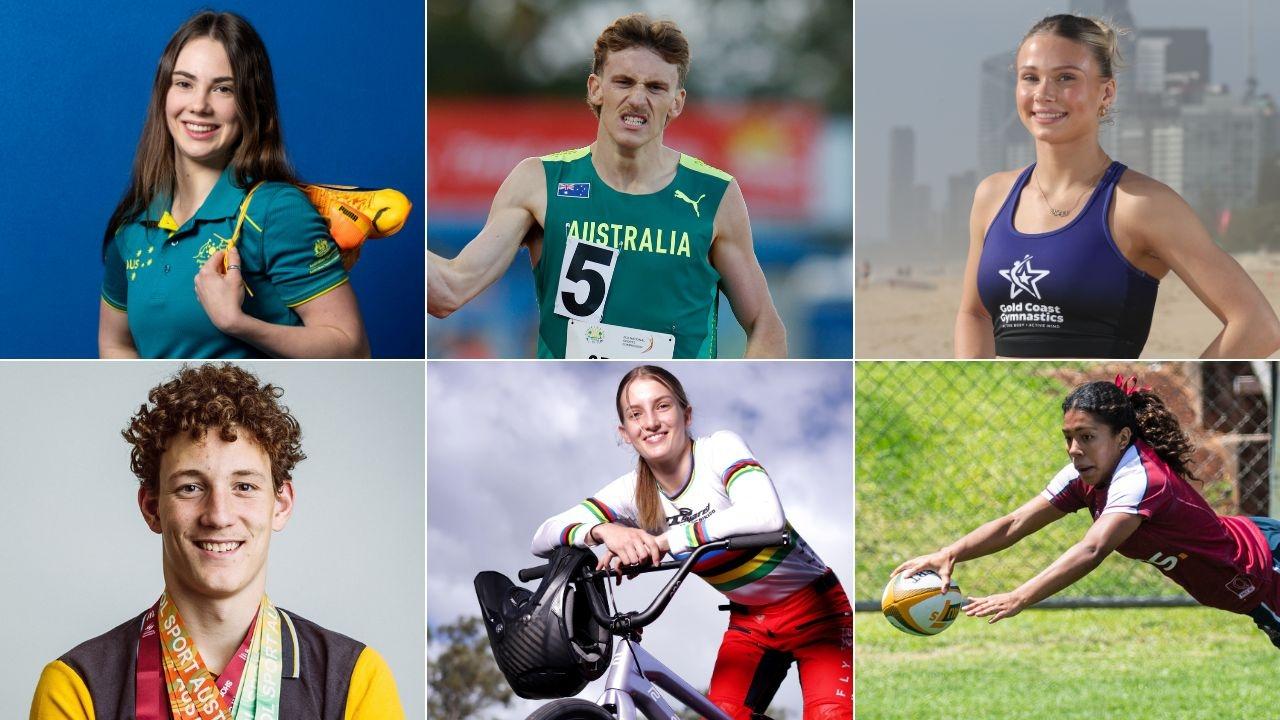Tokyo Paralympics: Push to allow high-needs athletes to quarantine at home in Australia
Paralympics officials are in positive talks with state governments about bending quarantine rules for our highest-needs athletes who lifted Australian spirits in Tokyo.
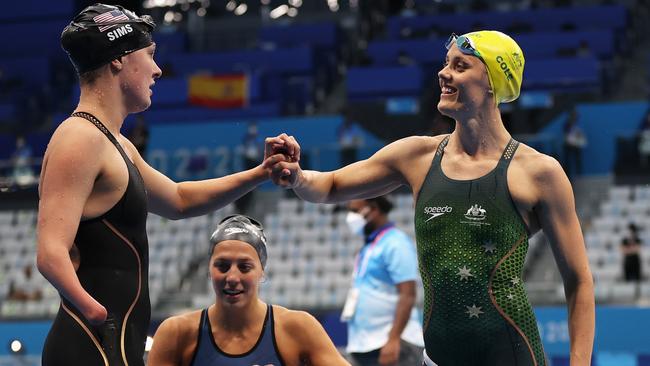
Paralympics
Don't miss out on the headlines from Paralympics. Followed categories will be added to My News.
Australian Paralympic officials have been holding talks with state governments about the possibility of allowing some athletes returning from Tokyo to quarantine at home after the Games ended in Japan on Sunday.
No firm decisions have yet been made but some exemptions could be made for athletes with existing health conditions or serious mental health concerns.
The Australian team’s chef de mission Kate McLoughlin said talks were underway about possible alternative arrangements for returning athletes that require around the clock care.
“We’ve had some really great conversations with the Victorian and New South Wales governments and we’re really grateful for all the work they’ve done to get us above the cap quarantine situation,” she said.
“Certainly, there are conversations going on, particularly for people with high needs, as to whether there‘s potential for home quarantine.
“Those conversations are ongoing and we do hope that we can get some traction with that.”
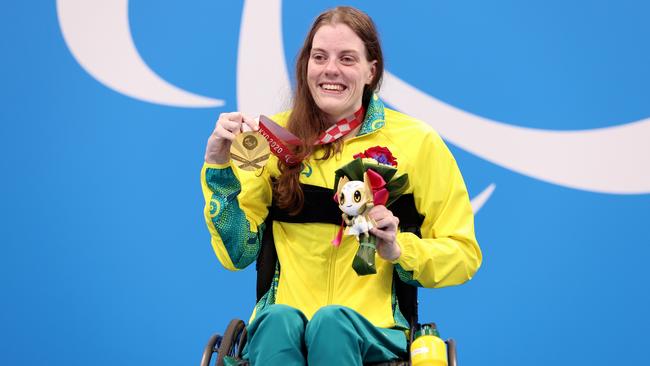
While no exemptions were made for Australia’s Olympians when they arrived home from Tokyo, talks around bending the rules for Paralympians and employing some basic common sense have intensified in the past few days after the mother of Australian swimmer Tim Disken died suddenly while he was competing in Japan.
It is understood that the memorial service will be delayed until Disken is released from quarantine, with team officials in regular contact with him after he spoke about his devastation after his last race.
“Tim’s situation is just awful. My heart goes out to him,” McLoughlin said.
“I spoke to him last night. He’s doing incredibly well in the circumstances and I think he‘s really proud to have won that silver medal on the final night.
“He said that he had nothing left in him when he came out of the pool just because of everything he had been through in the previous 48 hours, so I think he knows his Mum will be very proud of him.
“We just have to look after him, wrap our arms around him and look after him throughout the quarantine process.”
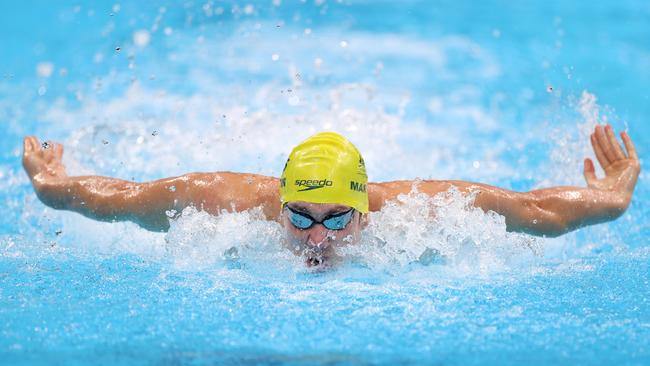
Tokyo has already been hailed as a game changer for the Paralympics after attracting record interest and viewers needing some inspiration during lockdown.
The Aussie team won a total of 80 medals, including 21 gold, to finish eighth on the table, the team’s lowest finish since coming 10th in 1988.
The number of gold medals was slightly down on past Games but McLoughlin said that was neither a surprise nor a concern given the team’s interrupted build-up.
“I could not be prouder of the team,” she said. “I don’t think there’s any more we could have done.
“The reality of the situation is that it‘s hard to win a Paralympic gold medal … and the standard of competition at these Games has been exceptional.
“I’m not making excuses, but we’ve also not had any international competition (during the pandemic) so it was always going to be a mixed bag.”
The Australian team won medals in 10 different sports in Tokyo including gold in swimming, athletics, cycling, canoeing, wheelchair tennis, paracanoeing and table tennis.
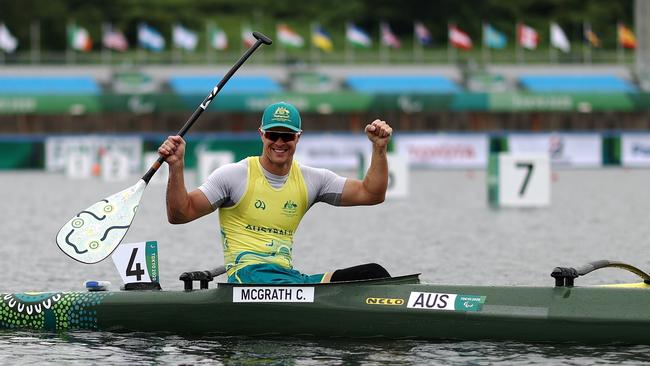
Swimmer Will Martin was the most prolific medallist, winning three golds and a silver, while wheelchair racer Madi di Rozario and former soldier and canoeist Curtis McGrath joined him as the only athletes to win two individual events.
But the medals table alone doesn’t reflect how much the team has raised the spirits of an Australian public in need of a lift.
Whether they were missing limbs, or unable to walk, or unable to see, or competing with another impairment, the team members succeeded in captivating the hearts of Australia with their never give up approach.
“I am thrilled that so many people got to see our athletes and I‘m not surprised that they’ve become so popular and people have just fallen in love with our team,” McLoughlin said.
“There’s always been that element of , ‘Wow, they’re amazing’ but this has been on another level.”
COLE TO CARRY FLAG AT CLOSING CEREMONY
Ellie Cole has been chosen to carry the national flag at the Tokyo Paralympics Closing ceremony after breaking the all-time record for medals won by an Australian woman.
Appearing at her fourth Paralympics, the 29-year-old won a silver medal and a bronze medal in Tokyo to lift her career tally to 17 medals, eclipsing Priya Cooper’s 16 as the most by an Australian female Paralympian.
“To be able to say my final farewell to our Paralympic team by representing them in what I consider to be one of the highest honours bestowed upon an athlete, it really is an honour. I’m honestly speechless,” Cole said.
“This moment means so much to me and will continue to mean so much to me for the rest of my life.”
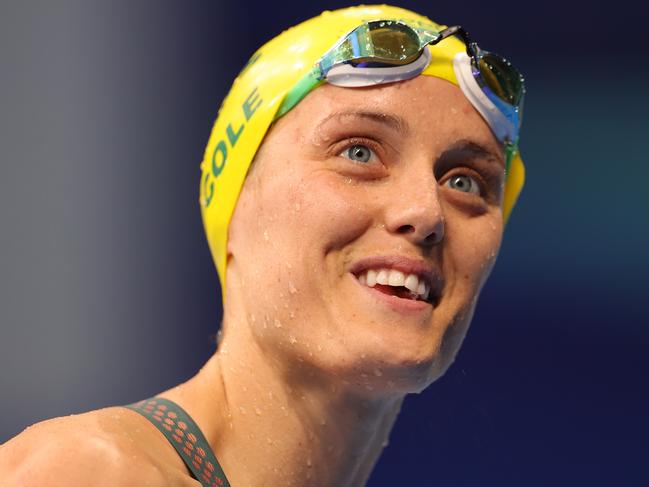
Australian Paralympic Team Chef de Mission Kate McLoughlin said Cole, whose leg was amputated when she was an infant undergoing chemotherapy to treat cancer, was a great ambassador for the Paralympic movement in Australia.
“Her achievements in the pool speak for themselves. But her contribution goes way beyond the many medals she’s won,” McLoughlin said.
“Her legacy and achievements make her a fantastic choice to carry our national flag into the stadium for the Closing Ceremony.”
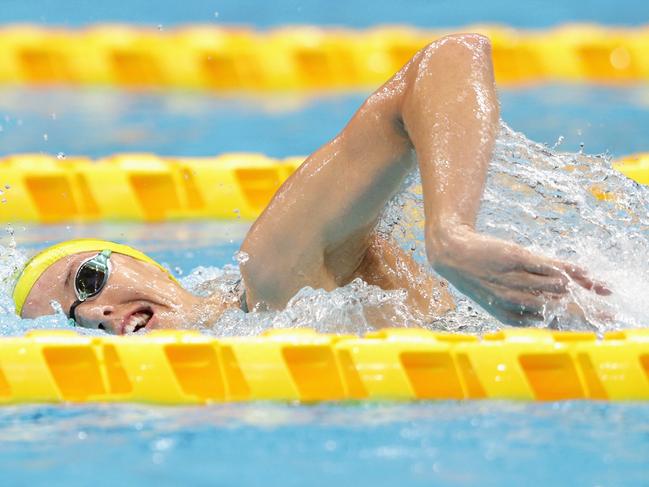
Meanwhile, members of the Australian men’s wheelchair basketball team have been isolated from the rest of the team after being deemed to be close contacts of an Iranian player who tested positive to Covid.
None of the Australian players has tested positive after being in isolation for over a week so team officials are confident they will travel home as scheduled on Monday.
Cyclist Carol Cooke will remain in Japan after breaking her ribs and puncturing a lung in a race fall. A staff member will remain with her until she is cleared to fly.
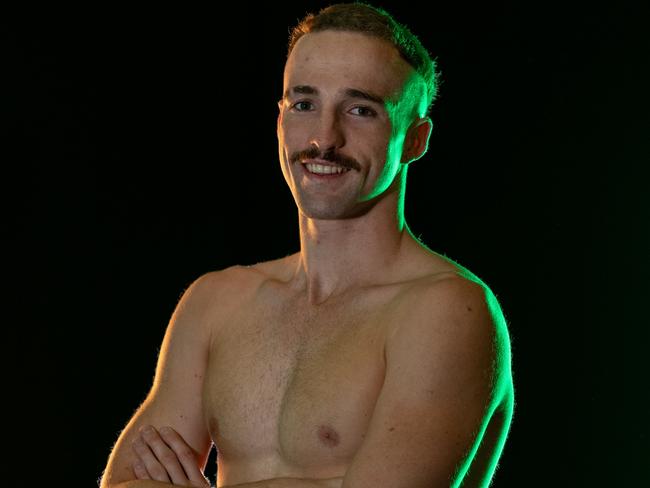
Australian swimmer Tom Gallagher is also expected to miss the team’s charter flight home after being hospitalised with acute pancreatitis.
The team’s medical staff are in talks about arranging a Medevac aircraft to transport Tom directly to his home state of Queensland to continue his treatment and recovery.
More Coverage
Originally published as Tokyo Paralympics: Push to allow high-needs athletes to quarantine at home in Australia




